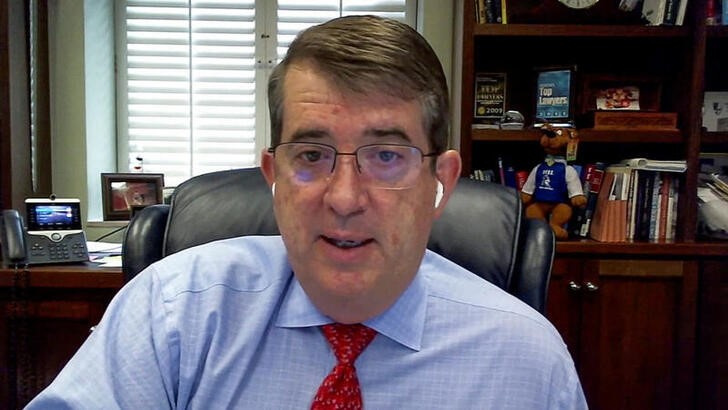
U.S. Bankruptcy Judge David Jones, who oversees more major Chapter 11 cases than any other U.S. judge, is seen in a screenshot from video shot during a virtual interview with Reuters done from Houston, Texas, U.S. December 11, 2020. REUTERS/Staff/File Photo Acquire Licensing Rights
Nov 16 (Reuters) – A federal judicial ethics probe into former U.S. Bankruptcy Judge David Jones’ failure to disclose his romantic relationship with a lawyer whose firm regularly appeared before him has come to an end following the Houston judge’s resignation.
The chief judge of the 5th U.S. Circuit Court of Appeals, Priscilla Richman, in an order on Wednesday said further action was “unnecessary” after Jones last month submitted his resignation as a Southern District of Texas bankruptcy judge.
Jones announced plans to resign on Oct. 15 after acknowledging to the Wall Street Journal that he had been in a years-long romantic relationship with bankruptcy attorney Elizabeth Freeman and shared a home with her.
Freeman until recently worked at Jackson Walker, a local law firm that worked on many corporate bankruptcy cases in Jones’ Houston courthouse.
